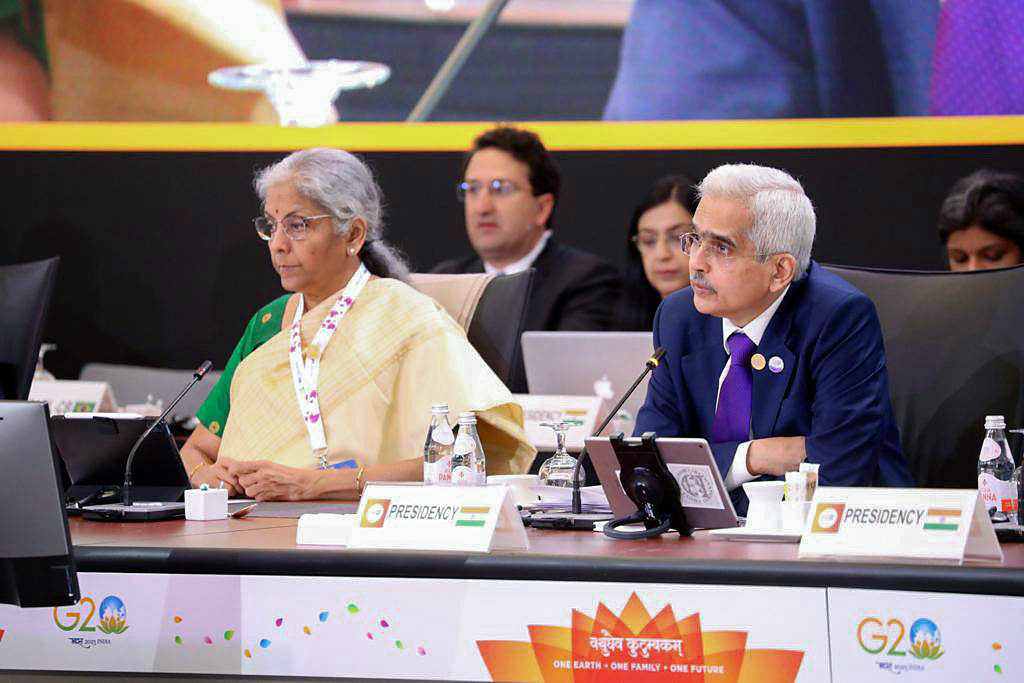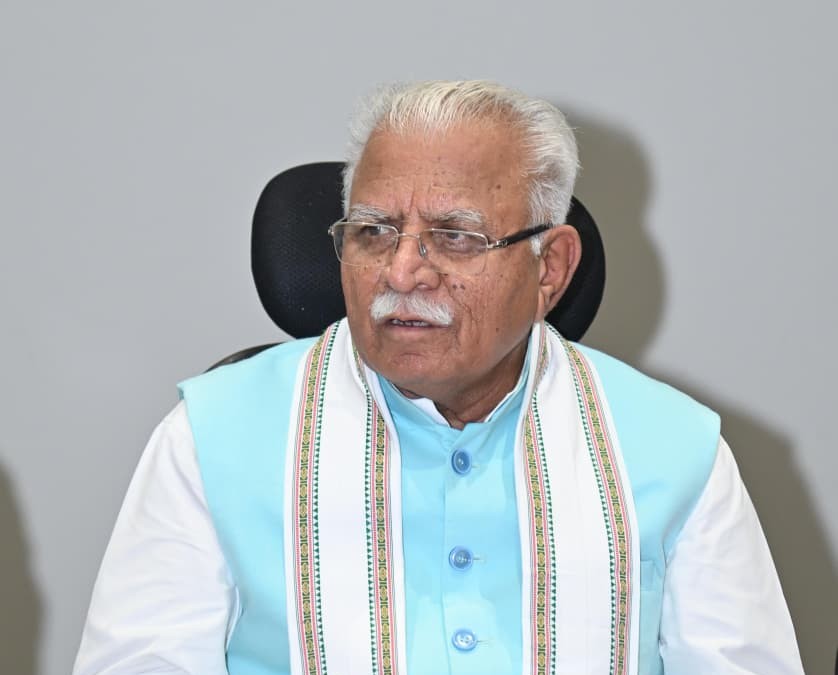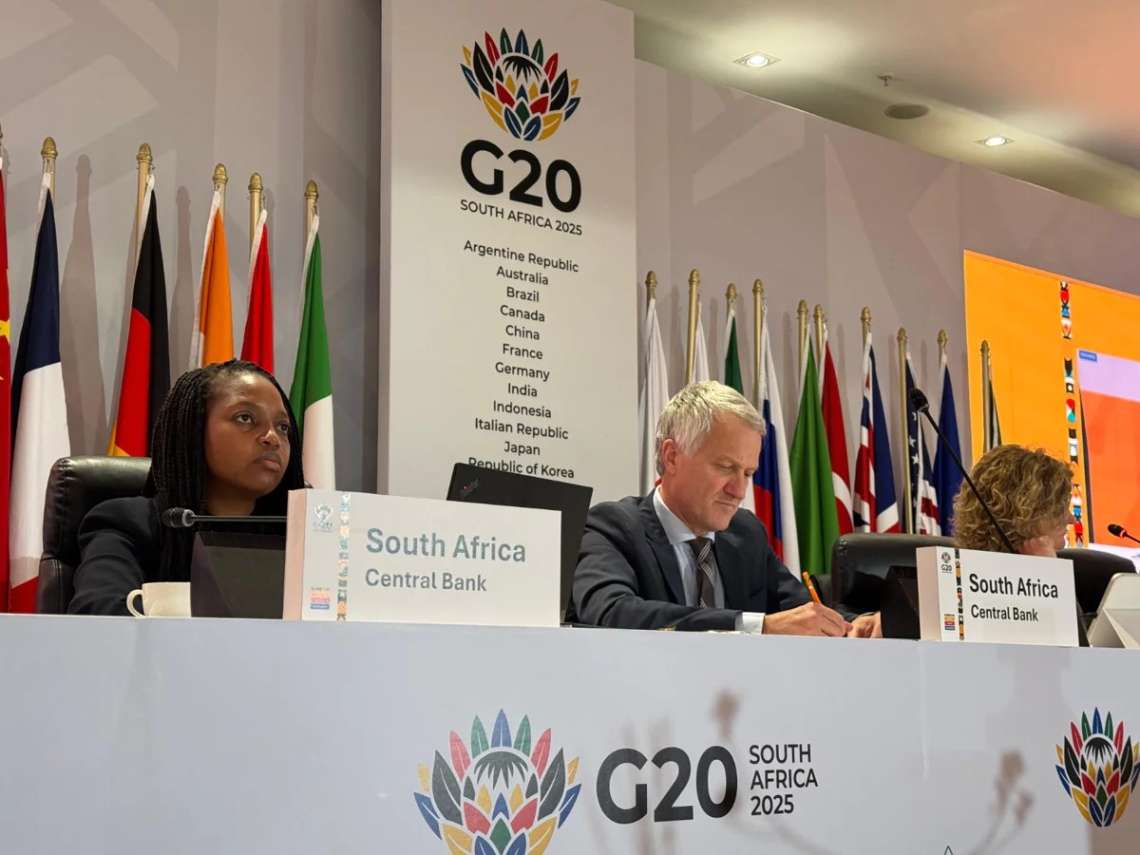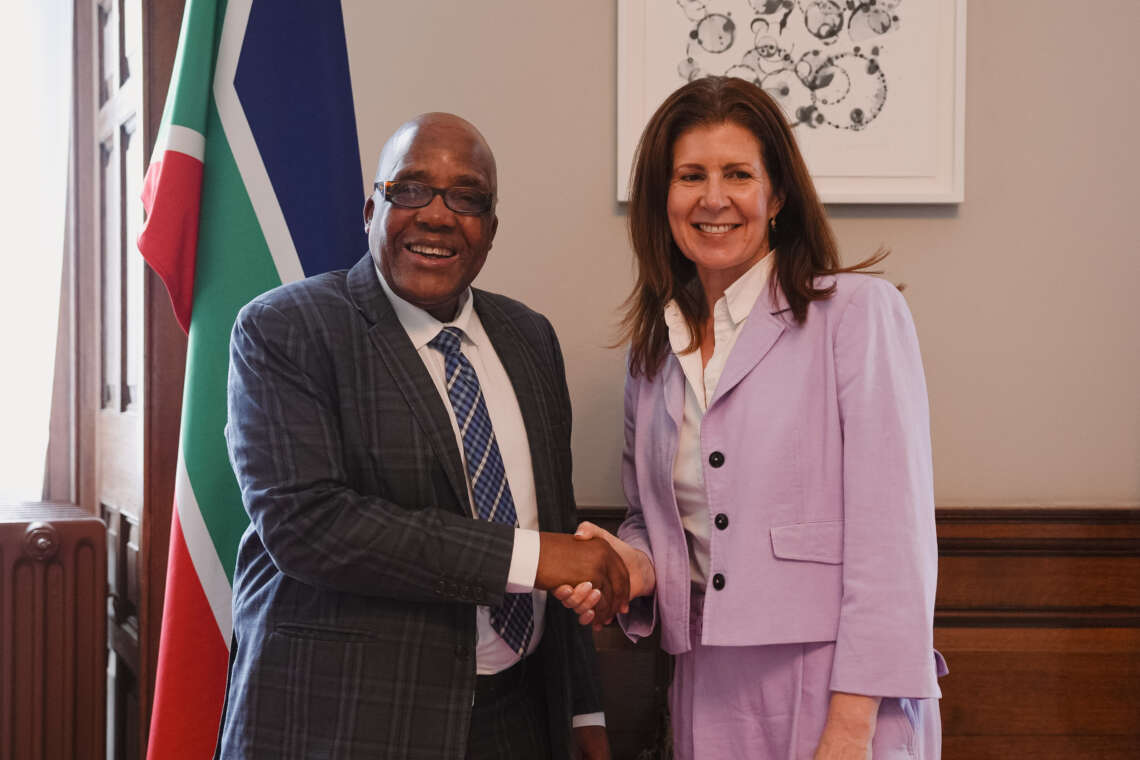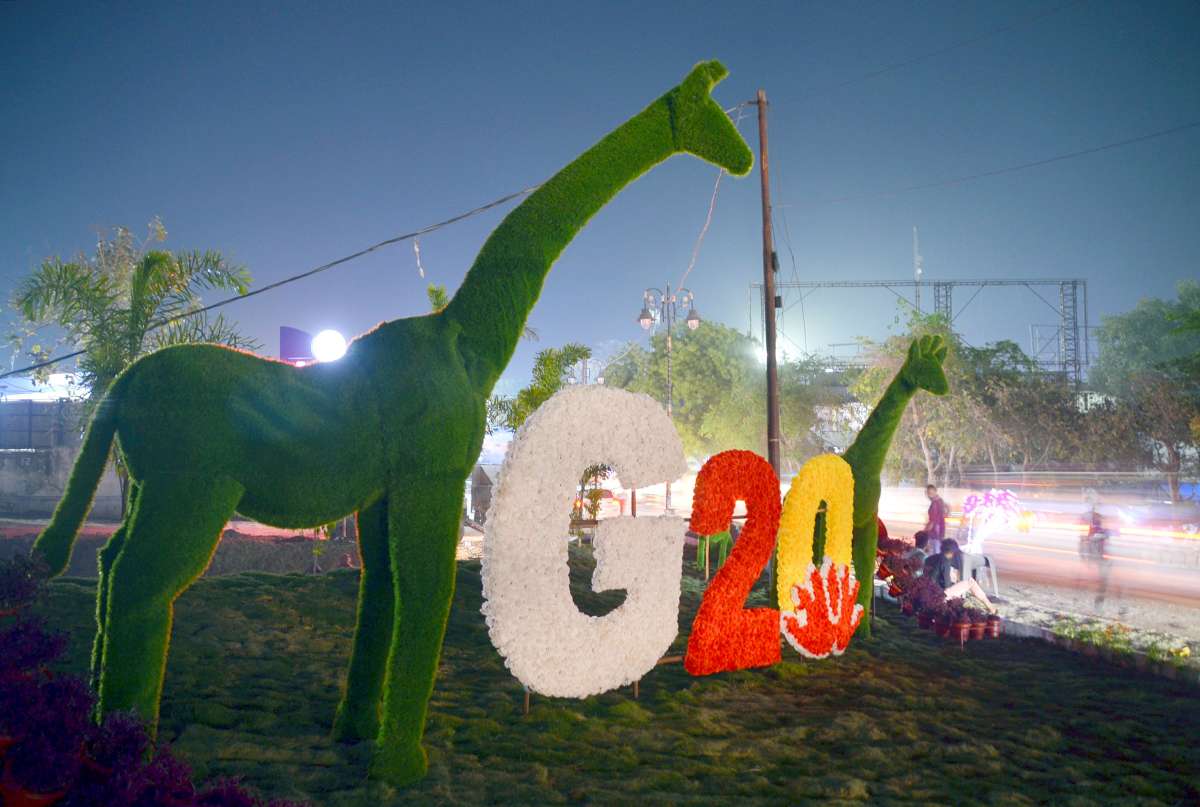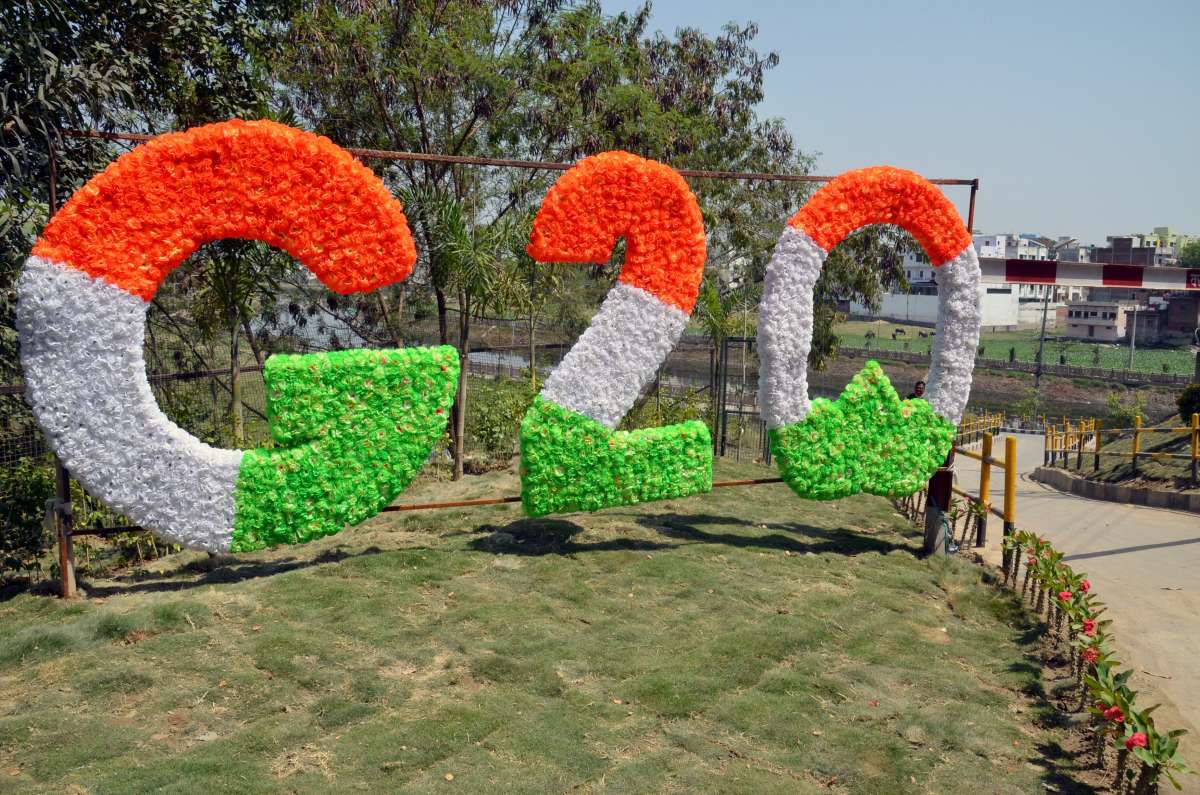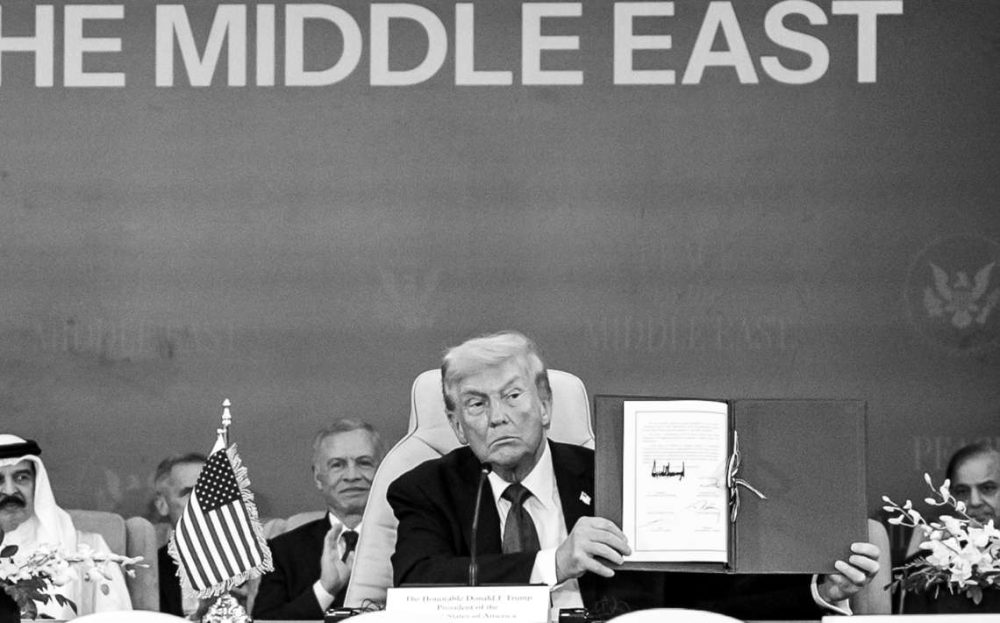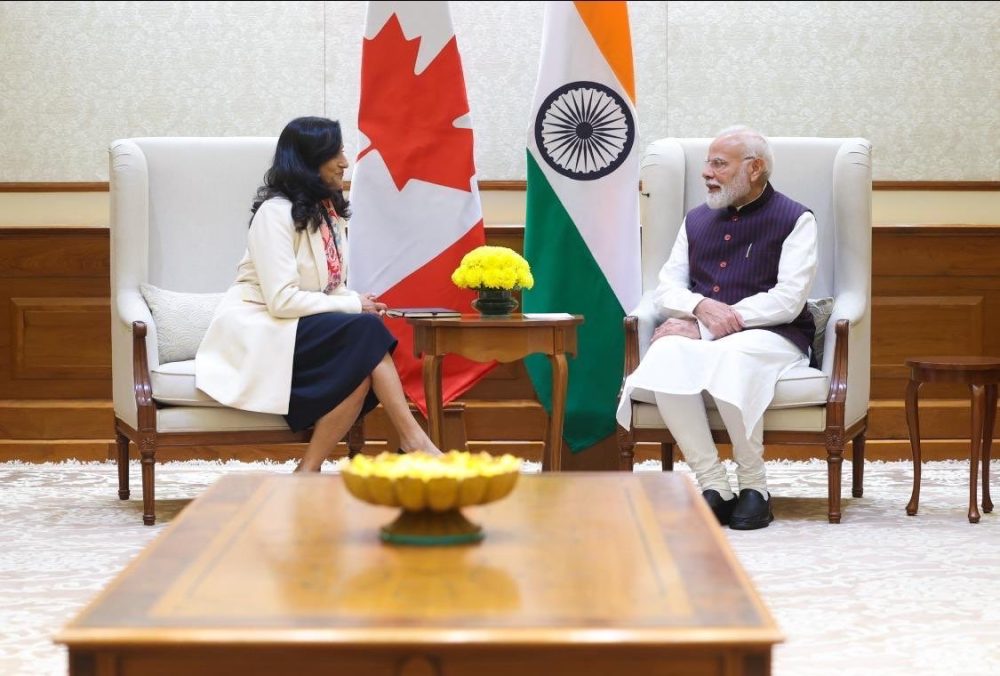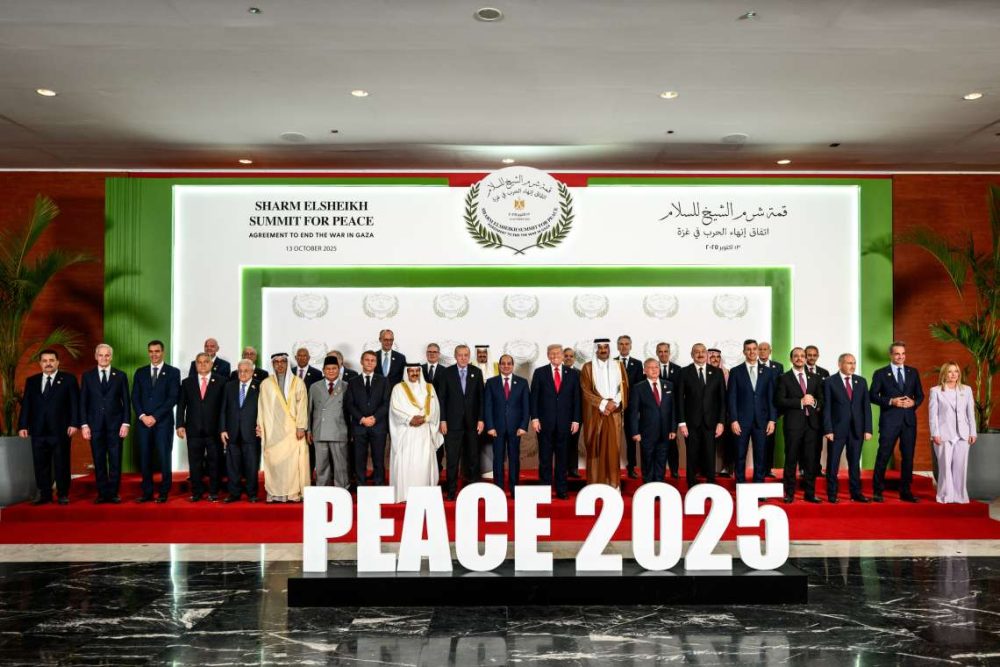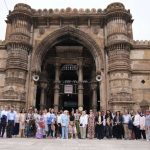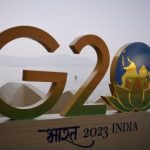Explaining the wider context in which the group is operating, Singh said, “Multiple initiatives have taken place in tandem and they need to be taken full cognisance of.”…reports Asian Lite News
Amid both contextual and fundamental challenges, the G20 expert group on strengthening multilateral development banks (MDBs), under the leadership of former United States treasury secretary Larry Summers and veteran Indian policymaker NK Singh, commenced its work in Washington DC in the past week on the margins of the spring meetings of the International Monetary Fund and the World Bank.
Singh said that the group held its first in-person internal meeting and also interacted with heads and top officials of a range of multilateral banks, besides engaging with a range of other stakeholders. They also met Union finance minister Nirmala Sitharaman, who is chairing the G20 finance track and took the lead in setting up the group, on Saturday.
The high-level group has assumed critical importance in the backdrop of an intensified discussion on the reform of institutions such as the World Bank, a core theme of both the spring meeting discussions as well as India’s G20 finance track meeting. Finance minister Nirmala Sitharaman had said on Friday that India’s initiative in this regard was “very well appreciated” and the G20 FMs and central bank governors had accepted the formation of the group.
Besides Summers and Singh as co-conveners, the group includes Singapore’s senior minister Tharman Shanmugarathnam, former director general of the South African national treasury Maria Ramos, former governor of the Central Bank of Brazil Arminio Fraga, London School of Economics academic Nicholas Stern, former World Bank chief economist Justin Yifu Lin, former World Bank Vice President and current dean of the Fletcher School at Tufts University Rachel Kyte, and former executive secretary of the Economic Commission for Africa Vera Songwe.
The group’s objectives include preparing a road map for an updated MDB ecosystem for the 21st century in all its respects including “vision, incentive structure, operational approaches, and financial capacity” to ensure that such banks can finance both developmental and newer trans-boundary challenges such as climate. The group has also been tasked with evaluating the scale of funding required by MDBs and devise mechanisms for coordination among MDBs.
Explaining the wider context in which the group is operating, Singh said, “Multiple initiatives have taken place in tandem and they need to be taken full cognisance of.”
The first of these initiatives is the evolution road map prepared by the Bank’s executive directors, which was discussed by the Bank’s development committee last week. The report on the Bank’s evolution suggests reframing and expanding its mission, overhauling its operating model, and finding new ways to boost its financial capacity. But key decisions have been left for the annual meeting of the Fund and the Bank in Morocco in October.
The second is the French initiative announced by President Emanuel Macron. Paris is hosting a summit for a new global financial pact on June 22 and 23 this year.
The G20 group will also take into account the fact that United Arab Emirates is leading discussions in the run-up to the COP-28 on a “very large green pact that can be devoted to climate financing”.
Beyond this, the group will also take into account two other past G20 initiatives. Under the German presidency, the group set up eminent persons group on the issue under the leadership of Tharman Shanmugarathmam in 2017 — the report was finally submitted during the period of the Argentinian presidency. “That report contains some very important suggestions, particularly the way in which financing of MDBs, mainly the World Bank, can be used to incentivise, catalyse and guarantee private capital in green area. That report needs to be fully considered,” said Singh. The second G20 initiative in this regard was the report under the Italian presidency on the capital adequacy framework, which has been considered by the World Bank in its own evolution road map and has been reflected in the G20 chair summary.


